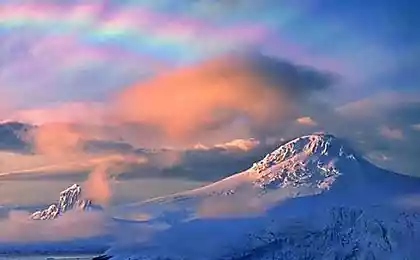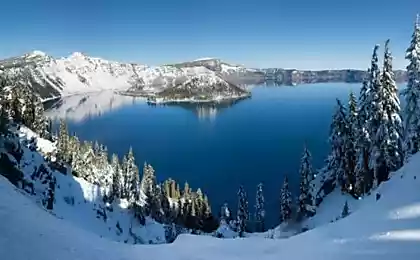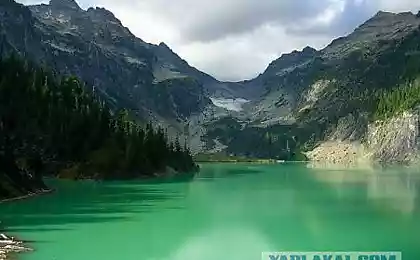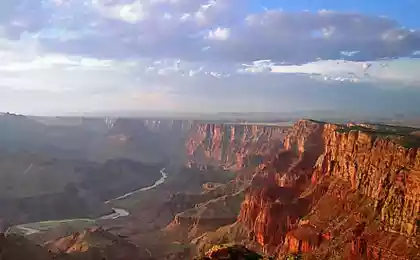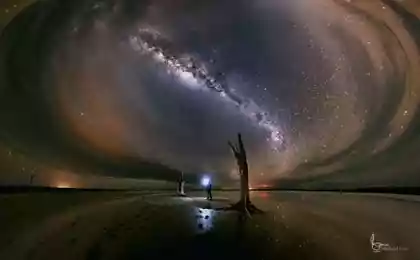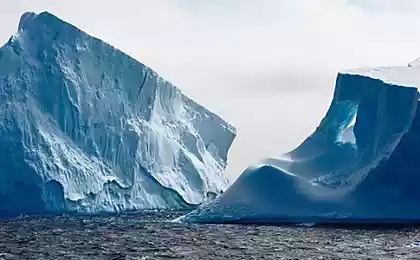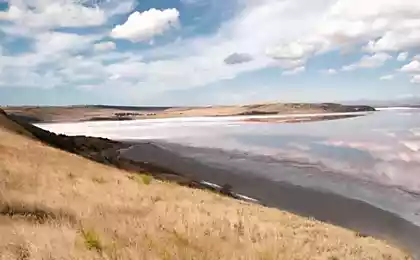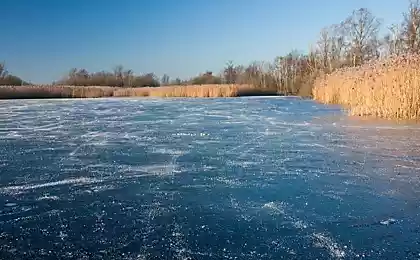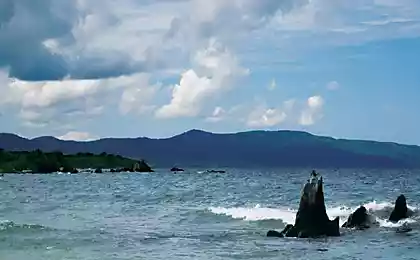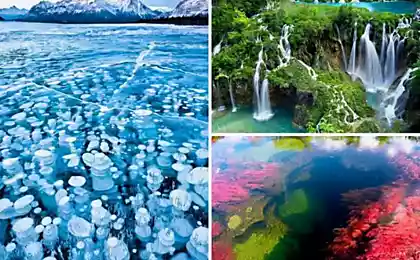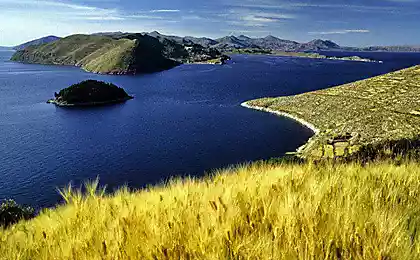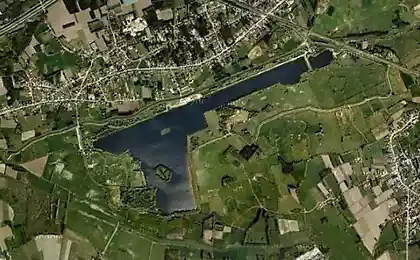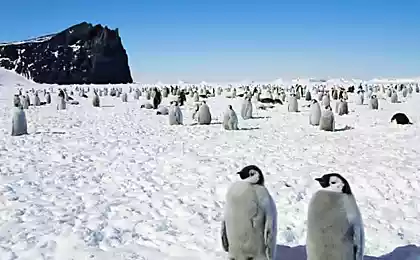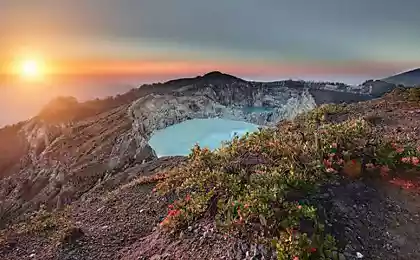287
Mystery of Lake Vostok: What is hidden under the 4-kilometer layer of Antarctic ice?

Unique biological samples discovered under the glacier
Lake Vostok, located under a four-kilometer layer of ice of Antarctica, remains one of the most mysterious points of the planet. Hidden from sunlight for millions of years, it is isolated from the outside world, which created unique conditions for the existence of life. When Russian scientists reached the lake in 2012 during drilling, they received unique biological samples. These findings gave researchers a glimpse into a world that exists in extreme cold and complete darkness.
In the waters of the lake were found microorganisms that have not been found before on Earth. Their unique genetic sequences indicate that they may have evolved independently of the rest of the living world. The ability of such microorganisms to survive in low temperatures, high pressure and lack of sunlight allows scientists to assume that they may contain information about early life on Earth or even possible life forms on other planets, where conditions are similar to those of Lake Vostok.

Sensational discoveries of Russian scientists during drilling
Work on ice drilling over the lake began in Soviet times, but it was only possible to reach the water in 2012. The Russian team of scientists, despite difficult climatic conditions and the risk of contamination of unique samples, continued their research using carefully developed technology. The main goal was to minimize the possibility of contamination of the lake’s water, because any penetration of modern bacteria could change the ecosystem existing in absolute isolation.
When the water sample was extracted, scientists found microorganisms that had no analogues among the known life forms. One of these microorganisms was bacteria with a unique structure, adapted to life in extreme conditions. This discovery immediately sparked international interest, because if life exists in such conditions on Earth, it could open new horizons in the search for life on other planets. Lake Vostok can serve as an analog for the subglacial oceans of satellites such as Europa, a moon of Jupiter, and Enceladus, a satellite of Saturn.

Theories about the possible existence of a subglacial civilization
Lake Vostok has become the object of not only scientific research, but also theories that sometimes go beyond the conventional notions. Some researchers and enthusiasts hypothesize the existence of an ancient civilization that could have developed in conditions of complete isolation under the Antarctic ice. According to one such theory, in the past, the climate of Antarctica was warmer, and this continent could inhabit highly developed creatures. However, after the onset of the ice age, the civilization plunged into the water and was under many kilometers of ice cover.
These theories are based on random finds of artifacts allegedly discovered in Antarctica, as well as on the study of myths and legends of ancient peoples. Proponents of the idea of subglacial civilization believe that Lake Vostok may contain the ruins of ancient structures or the remains of a once existing culture. While such hypotheses have no scientific support, the very idea that Lake Vostok can hide traces of ancient intelligence excites the minds of people around the world.

Why is access to Lake Vostok restricted to scientists around the world?
Despite the global interest in the study of Lake Vostok, only limited groups of scientists have access to it, primarily Russian researchers, who were the first to study the lake. This limitation is due to both technical and environmental aspects. Antarctica is an international zone under the Antarctic Treaty, which prohibits any activity that may damage the environment. In the case of Lake Vostok, the main risk lies in the potential for contamination of the unique subglacial ecosystem.
In addition, ice drilling and sample mining require expensive equipment, careful preparation, and a high level of coordination between scientists and government agencies. An attempt at uncontrolled access could destroy an ecosystem that formed millions of years ago and destroy the ability to explore these unique conditions. Despite this, many scientists and research groups from around the world are eager to join the work, and it is likely that in the future international cooperation will allow to expand the research of Lake Vostok.

Conclusion
Lake Vostok remains one of the most amazing and mysterious points on Earth. Studies conducted by Russian scientists have already allowed to detect microorganisms unknown to science and create a new view of the existence of life in extreme conditions. Although there is no evidence of the existence of a subglacial civilization, Lake Vostok remains the object of not only scientific research, but also many theories.
In the coming years, scientists may be able to shed light on even more mysteries of the lake, and the results of research on Lake Vostok will give us the key to understanding how life can exist in the harshest conditions imaginable.
UFO over Wall Street: The real footage that scared New York
The man who learned to understand dolphins: How a Biologist Deciphered Their Language
